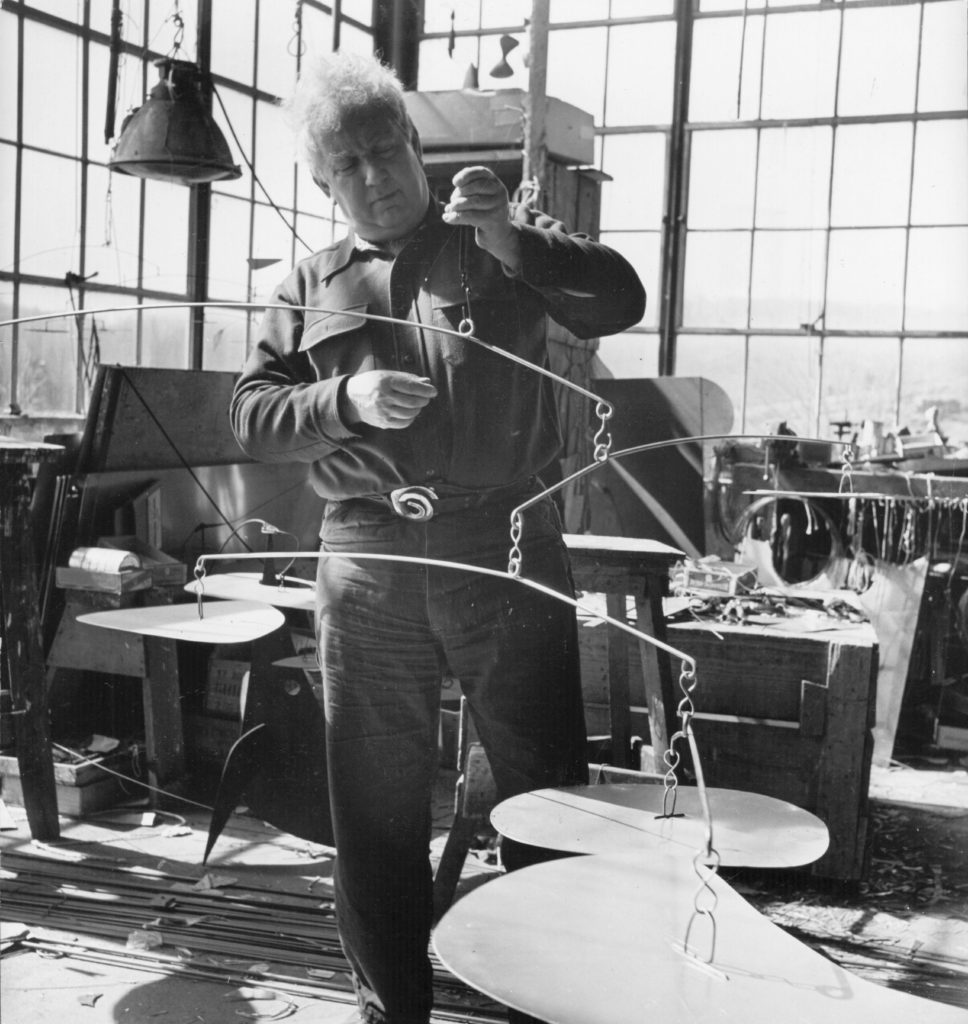Law & Politics
New York’s Calder Foundation Is Sued in France for ‘Refusing to Restitute’ a $1 Million Sculpture
The lawyer who filed the complaint has questioned the foundation's motives for withholding a Calder model from its owners.

The lawyer who filed the complaint has questioned the foundation's motives for withholding a Calder model from its owners.

Naomi Rea

A couple wants their Calder back.
A pair of Tours-based collectors say they sent a sculpture by the celebrated American artist to the Calder Foundation in New York—and now, the foundation will not return it. The couple, who were seeking advice on how to properly restore the work, have filed suit in French court, accusing the foundation of breach of confidence for allegedly withholding the work and raising doubts about its authenticity for the wrong reasons.
Marc Morin, a lawyer at the bar association in Tours, the largest city in France’s Center-Loire Valley region, filed the complaint with the city’s public prosecutor on October 13 on behalf of the sculpture’s current owners, who, Morin tells artnet News, wish to remain anonymous.
The work in question, a small model of one of Calder’s stabile-mobiles, Crinkly With 5 Rudders (1964), is estimated to be worth around $1 million. Calder gave it to a local Tours builder, Pierre Giboureau, as a gift in 1971, according to the suit. More than 20 years later, in April of 1997, the current owners acquired the work from Giboureau’s son with a written contract.
Trouble began in 2015, when the couple tried to sell the work. They consulted with the Calder Foundation on how best to restore it before the sale. (Getting the foundation’s seal of approval is an important step when selling a Calder.) “The Calder Foundation agreed to receive the work to restore it, but is now refusing to restitute it on the pretext that it has a fraudulent provenance,” Morin told artnet News.
Morin claims that the work’s provenance is entirely legitimate and that the builder’s daughter witnessed Calder himself deliver the work to her father in spring 1971. He says the foundation has been aware of the work since at least 2008, when it inspected it ahead of a Calder retrospective in Tours. At the time, the foundation did not dispute its authenticity, although it did determine that the work was in too poor condition to include in the show.
Morin also alleges that the foundation is raising doubts about the authenticity of the work’s provenance in order to hinder its sale. “The problem for the Calder Foundation is to regulate Calder’s sculpture and gouache sales to keep prices high,” the lawyer told franceinfo. “There are two ways to regulate: either not to authenticate the works, or to maintain that they have a fraudulent origin.”
Presented as evidence in the suit are photographs that allegedly attest to the friendship between Calder and Giboureau, and images of the work in two major Calder shows: a retrospective at the Solomon R. Guggenheim Museum in New York in 1964 and another at the Museum of Modern Art in Paris in 1965.
The Calder Foundation did not respond to a request for comment on the suit.